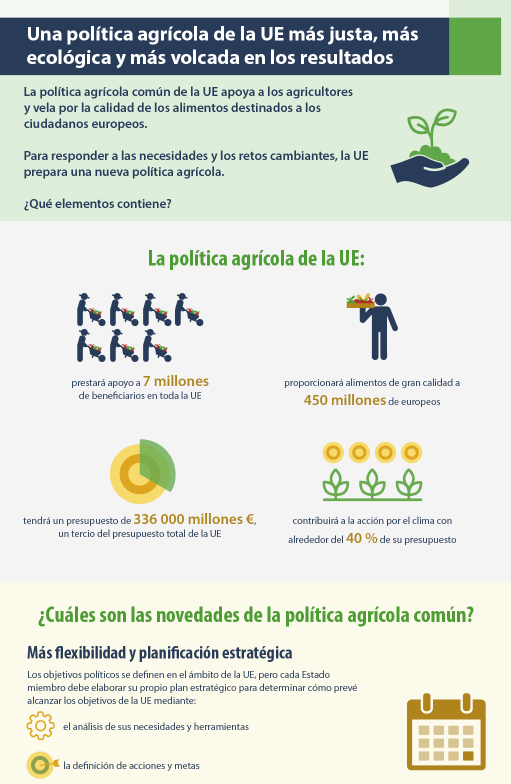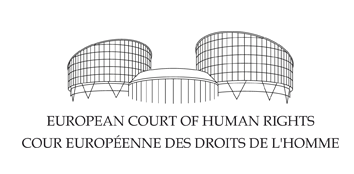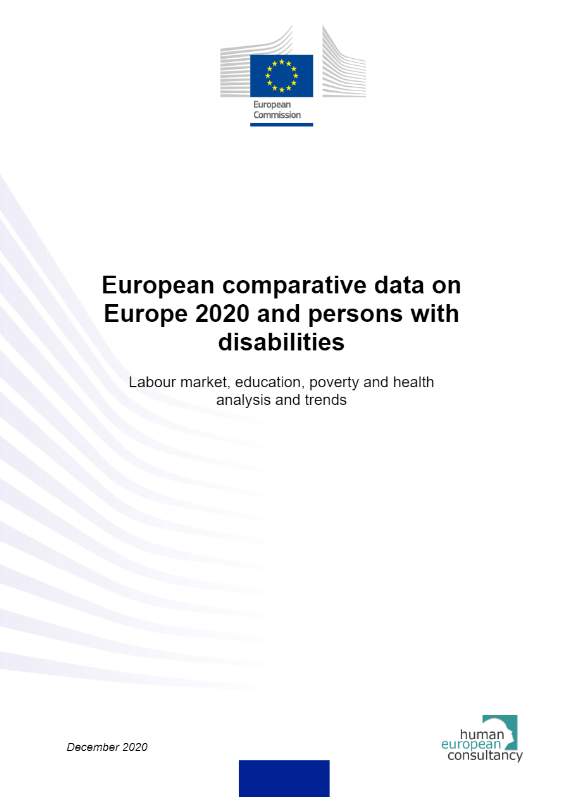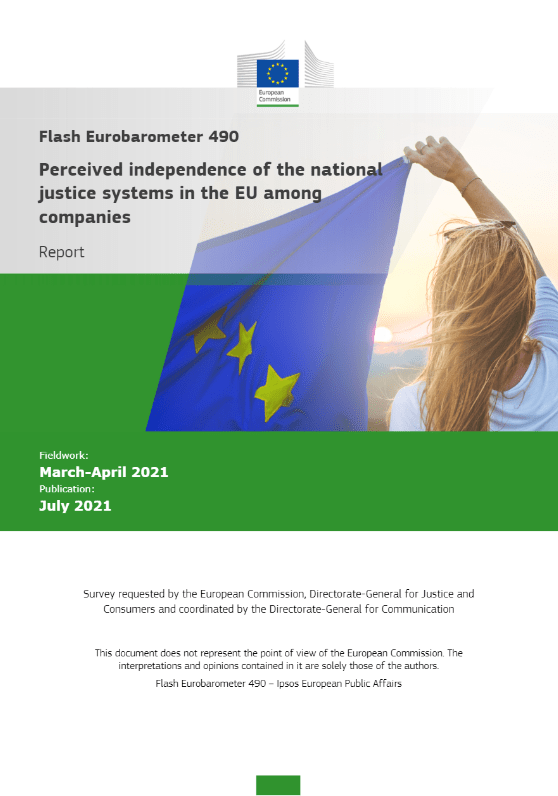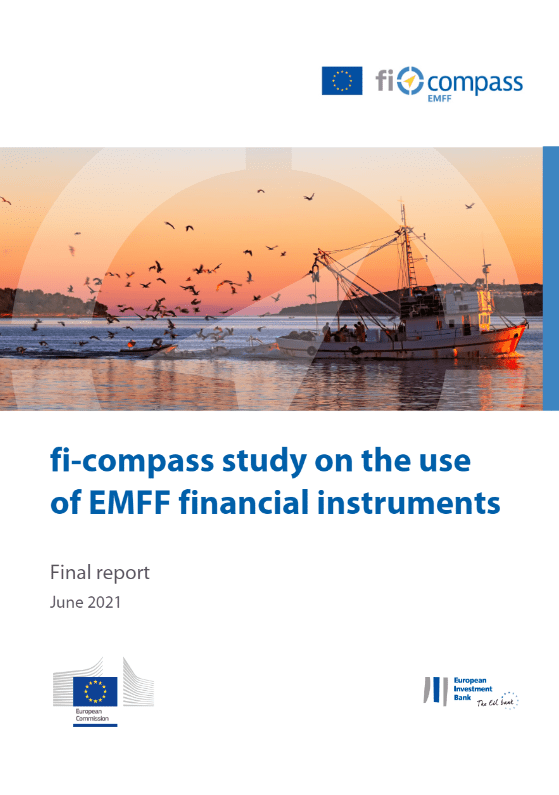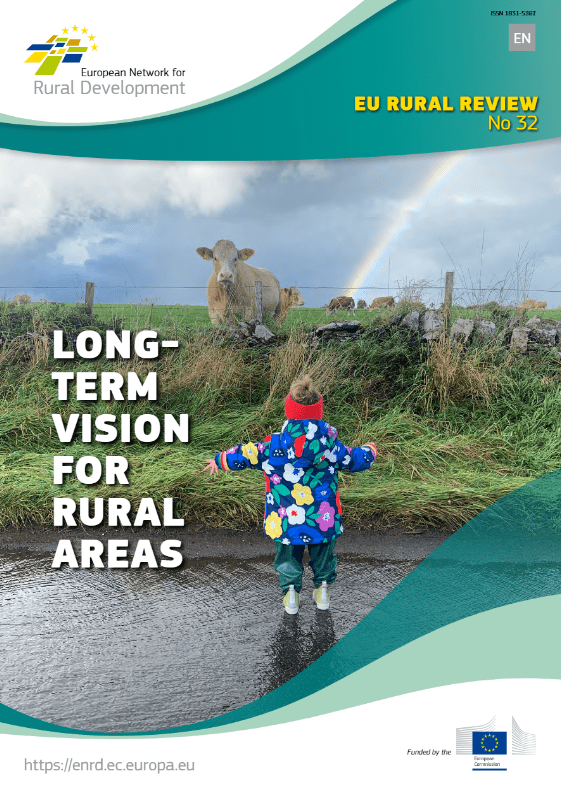
La política agrícola común de la UE apoya a los agricultores y vela por la calidad de los alimentos destinados a los ciudadanos europeos.
Para responder a las necesidades y los retos cambiantes, la UE prepara una nueva política agrícola.
La demanda, presentada en virtud de los artículos 2 y 3 del Convenio, se refiere a la alegación del demandante de que su traslado, si se ejecuta la decisión de extraditarlo a Rusia, le expondría a riesgos para su vida y su bienestar físico, teniendo en cuenta su estado de salud.
[Leer Más]La demandante se quejaba de que el proceso penal, en el que había sido declarada culpable de asesinato y condenada a una pena de quince años de prisión, había sido injusto. Alegó que no se habían tomado medidas o realizado ajustes razonables en relación con su discapacidad intelectual y que, en consecuencia, sus derechos no habían sido debida y efectivamente protegidos. También se quejó de que no había tenido tiempo suficiente para elegir un abogado y de que su confesión ante la policía había servido de base para su condena, aunque posteriormente se había retractado.
[Leer Más]El caso se refiere a la queja del demandante por haber sido condenado a una pena mayor a causa de una declaración policial de su coacusado, que entretanto se había fugado y estaba siendo juzgado en rebeldía.
[Leer Más]El caso se refiere a la confiscación de una suma de moneda extranjera que el demandante, de nacionalidad noruega, no declaró al cruzar la frontera entre Croacia y Eslovenia.
[Leer Más]The EU policy context encompasses the Europe 2020 Strategy (Europe 2020), which the European Commission uses as a framework to monitor the situation each year. To this end, Eurostat has created quantitative indicators to monitor progress towards the targets, notably in the areas of employment, poverty and social exclusion and education. Consequently, it is important to assess the situation of persons with disabilities in relation to the Europe 2020 headline targets on employment, poverty and education, using EU comparative data. In this report, this set of indicators has been extended to include health issues. The quantitative indicators should identify any gap between persons with and without disabilities and reveal any convergence or divergence in relation to the targets. An increasing gap or divergence will signal the need for new initiatives. Under the Europe 2020 strategy, the joint assessment framework (JAF) plays an important role in the development of quantitative indicators. In this respect, the work of the committees involved (the Employment, Social Protection, Health and Education Committees) provides early signals on indicators for monitoring and analysis. At this end, we collect and analyse data to understand and illustrate the situation of people with disabilities in Europe. This statistical analysis could be used as an instrument to monitor the effectiveness of national and European policies, assess the situation of persons with and without disabilities and identify areas where the gap between persons with and without disabilities is decreasing (or increasing).
[Leer Más]This Flash Eurobarometer survey explores opinions of companies about the independence of the judiciary across the 27 EU Member States. This survey was commissioned by the European Commission’s Directorate-General for Justice and Consumers, and follows on previous surveys on this topic conducted yearly since 2016. The results of these surveys feed into the EU Justice Scoreboard, which provides data on the efficiency, quality, and independence of national justice systems – essential parameter of effective justice systems. Effective justice systems are essential for implementing EU law and for upholding the rule of law and the values upon which the EU is founded. Effective justice systems are also essential for mutual trust, the investment climate and the sustainability of long-term growth. This Flash Eurobarometer survey explores: How companies perceive the independence of courts and judges in their country; The reasons for these perceptions, both positive and negative.
[Leer Más]fi-compass was set-up by the European Commission (EC) and the European Investment Bank (EIB) to support Member States in understanding and making better use of financial instruments that utilise European Structural and Investment Funds (ESI Funds or ESIF). In the framework of the fi-compass advisory platform, the European Commission, Directorate-General for Maritime Affairs and Fisheries (DG MARE) with the support of EIB (fi-compass), has carried out a study aimed at assessing the experience in the use of, or the reasons for not using, financial instruments financed by the European Maritime and Fisheries Fund (EMFF) and exploring the potential use of financial instruments post-2020.
[Leer Más]Update no. 417 on the situation of Covid-19 with 55.638.033 cases in Europe, 4.015.084 cases diagnosed in Spain through a PCR test and 81.033 deaths.
[Leer Más]This edition of the EU Rural Review builds on the outcomes of the ENRD work on the long-term Vision. The publication looks at the future of rural areas in digital, environmental and social terms, as well as in terms of resilience. This edition of the EU Rural Review includes articles by experts from different fields and countries who offer distinctive visions for the future of Europe’s rural areas, based on the outcomes of the ENRD TG on the Long Term Rural Vision and Rural Vision Week. The articles in this publication look at the five main aspects of a future rural Vision which were the focus of interactive workshops organised during Rural Vision Week. Just like the workshops, the articles include a ‘vision’ for rural areas by 2040 and the concrete steps needed to get there.
[Leer Más]- « Anterior
- 1
- …
- 707
- 708
- 709
- 710
- 711
- …
- 1.767
- Siguiente »

